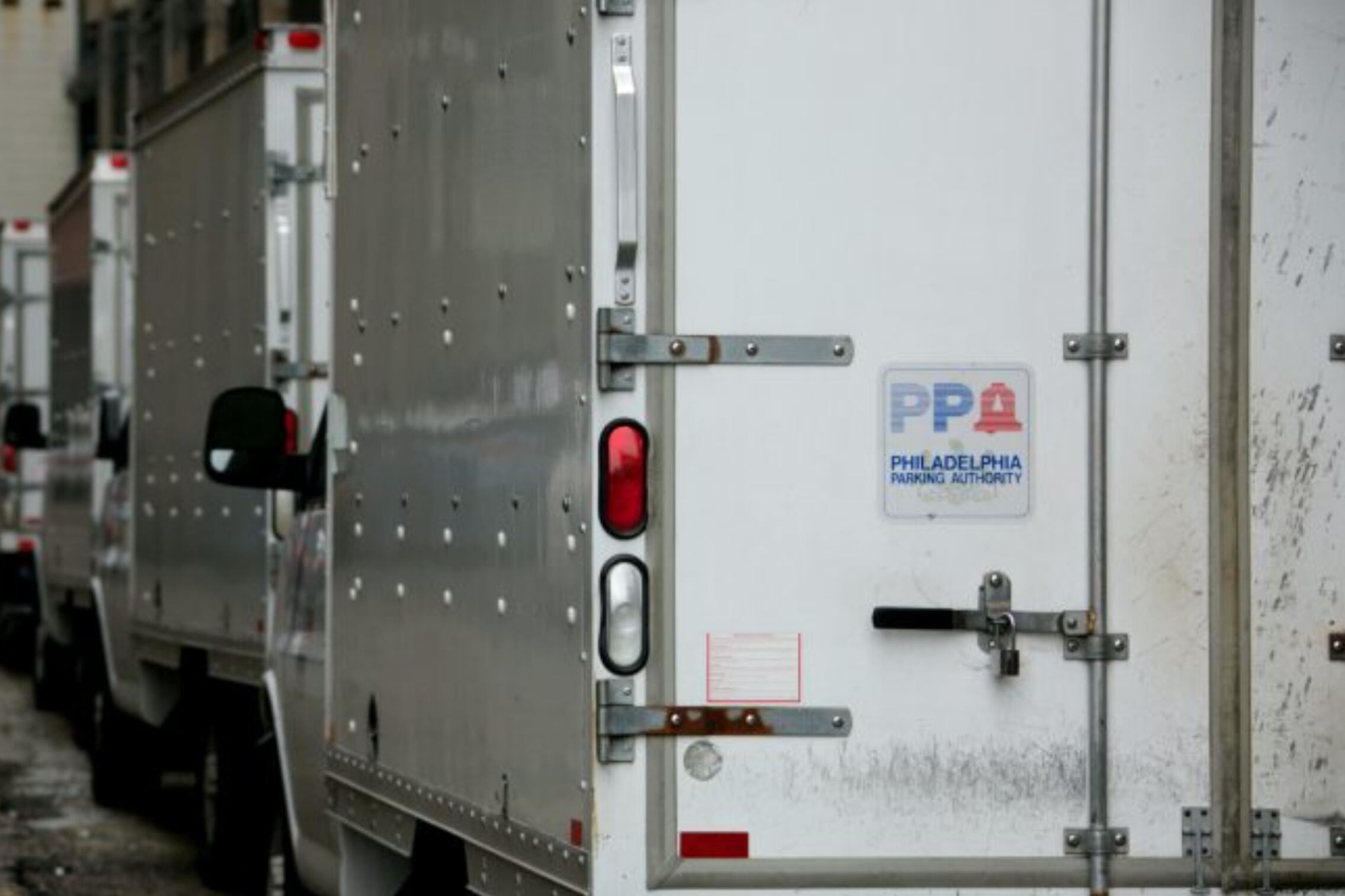The Philadelphia Parking Authority is no longer seeking a repayment of nearly $11 million from the school district.
Philadelphia and its parking authority said Monday that they had resolved a dispute with the district, and said they will no longer demand repayment of that money.
In February 2021, the parking authority said that its auditors had determined its $14 million payment to the district in 2020 was a miscalculation, and sought the return of $10.8 million. But in its statement, authority officials said that they had made adjustments to satisfy auditors that the 2020 payment was legal. That included forgoing contributions to its Retiree Health Care Trust Fund and “correcting a pension liability adjustment.”
Tension and controversy between the parking authority and the school district stretches back years. In 2004, Republican lawmakers in Harrisburg engineered a takeover of the parking authority, with promises that it would funnel as much as $45 million annually to the district through tickets issued to motorists for expired meters. But that money never materialized. In some years, there were no payments at all.
In 2017, then-Auditor General Eugene DiPasquale said an audit had determined corruption and mismanagement at the authority cheated the district out of $78 million over the prior five years.
The City Council has been holding hearings on the parking authority’s finances. The authority’s executive director, Scott Petri, abruptly left in March.
The authority’s demand last year for return of the funds prompted an immediate protest from City Council member Helen Gym, who accused the authority of mismanagement and bad faith. On Monday, she said the council will continue investigating the authority in the wake of this latest development.
“Year after year, our District has consistently been short-changed by the Parking Authority. And year after year, we see new instances of financial mismanagement, surprising budgetary allocations, and forced leadership changes,” Gym said in a statement. “The need for independent oversight has never been more evident, and today’s announcement does not change that fact.”
City Council President Darrell Clarke said he hopes the settlement “signals a new era of accountability to Philadelphia residents and their schoolchildren.”
Parking authority chair Beth Grossman called the agreement “a legal and responsible resolution for all parties that benefits the school children of Philadelphia.”
The authority said Monday that, under the formula mandated by the legislature when the state took over the authority, it has contributed more than $53 million to the district and $158 million to the city between April 2015 and March 2020.
The authority, in addition to parking enforcement, runs the Philadelphia International Airport, regulates taxis and limousines, and operates red light cameras.
Dale Mezzacappa is a senior writer for Chalkbeat Philadelphia, where she covers K-12 schools and early childhood education in Philadelphia. Contact Dale at dmezzacappa@chalkbeat.org.






